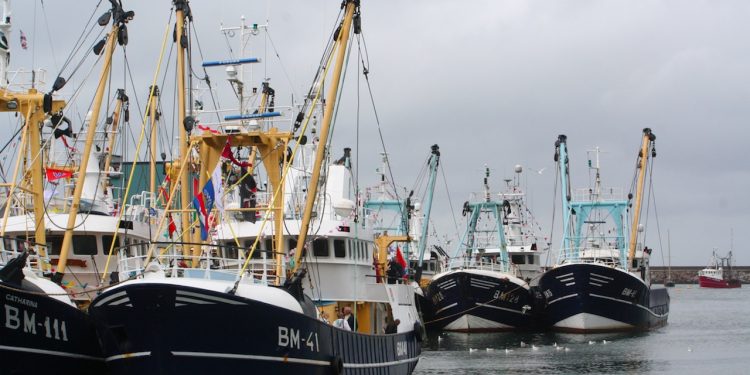The UK authorities are seeking to consult with the industry on a new approach to the allocation of quotas for English fisheries.
According to DEFRA, following the UK’s departure from the European Union, it will negotiate with the EU and coastal states for a fairer share of fishing opportunities.
DEFRA has already set out its plans in the fisheries white paper, Sustainable Fisheries for Future Generations, which it sees as the basis of promoting a ‘more competitive, profitable and sustainable fishing industry across the whole of the UK.’
‘We said we intended to begin a conversation about how to allocate the additional quota we negotiate,’ A DEFRA spokesman commented.
‘We indicated that we would work with stakeholders to develop a new and different approach to allocating this.
We also set out various issues we would consider in developing the approach to allocation in England.’
Among the idea for consideration are the establishment of a reserve of quota to be managed and allocated in accordance with new criteria to meet the future needs of the industry. This could include allocation of some fishing opportunities specifically for recreational angling.
According to DEFRA, allocating part of any new quota in the reserve would underpin a new approach to tackle the problem of choke species, so that the crucial discard ban works in practice as well as in theory.
Up for discussion is the concept of allocating some fishing opportunity through a tendering or auctioning system.
Opinions are also sought on developing new criteria to define low impact inshore fishing vessels to replace the current <10 metre category, potential trialling of a days-at-sea-based regime in place of quotas for some inshore fisheries, and the integration of recreational angling within the new fisheries framework recognising the societal benefits of this activity and impacts on some stocks
‘This is an opportunity to provide evidence that will help us to consider how to allocate any additional fishing quota in England we may secure during negotiations following Brexit,’ DEFRA’s spokesman said.
Evidence submitted might include new or existing reports or documents as well as data in various forms. It can also include narratives of personal experiences of fishing inside and outside of quota management systems.
‘Your opinions and viewpoints are also welcome but it is evidence synthesis and knowledge gathering that is at the core of this call.’
The consultation document can be found on the DEFRA website and those working in the industry are invited to answer a series of questions structured around the considerations set out in the White Paper. It also provides an opportunity for you to add any further points that may not easily fit under the other questions.









